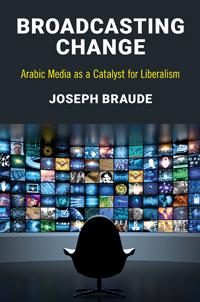– Since recent confirmations that Syrian president Bashar al-Assad used chemical weapons against civilians in the outskirts of Damascus, Western attention to the Arab world has been overwhelmingly focused on Syria, and whether or how the United States and its European allies should intervene. In this context, Libya has been largely absent from the political discussion — except as a rhetorical device to warn against intervening in Syria: In the United States, dozens of media commentaries and policy speeches present Libya as a case in point for why the United States should not intervene in Syria. One typical editorial declares, “Libya should remind the US administration and Congress of the limits, and risks, of military intervention.” A Washington Post analysis notes, “Lessons from Iraq and Libya loom large as diplomats ponder Syrian weapons probe.” In the United Kingdom, as well, The Telegraph’s defense editor, Con Couglin, cites a grim United Nations report on the situation in Libya and writes, “We must take care not to turn Syria into another Libya.” Moreover, Russian president Vladimir Putin, in his controversial article in the New York Times, plays to this sentiment, and subsequent editorials by others have cited the Putin article to make the same argument themselves. In the policy community, opponents of both the Libya and the Syria interventions such as the Cato Institute’s Ted Galen Carpenter now argue that their views were vindicated by the failure of Libya and should be heeded regarding Syria.
This phenomenon was criticized by the George Soros project Open Democracy, in an analysis by Rhiannon Smith published on September 16. “There seems to be a trend of using Libya as a lens through which to view, understand, and even judge other high profile conflicts and struggles in the region,” she writes, yet little attention is paid to Libya’s issues in their own right.” Cautioning against neglect of Libya in its hour of plight, she adds, “The decision to intervene militarily in Syria should not be influenced by such non-information, nor should the success or failure of Libya’s revolution (and NATO’s role in it) be declared arbitrarily at this point simply because the international community is interested in Libya again.”

Speak Your Mind